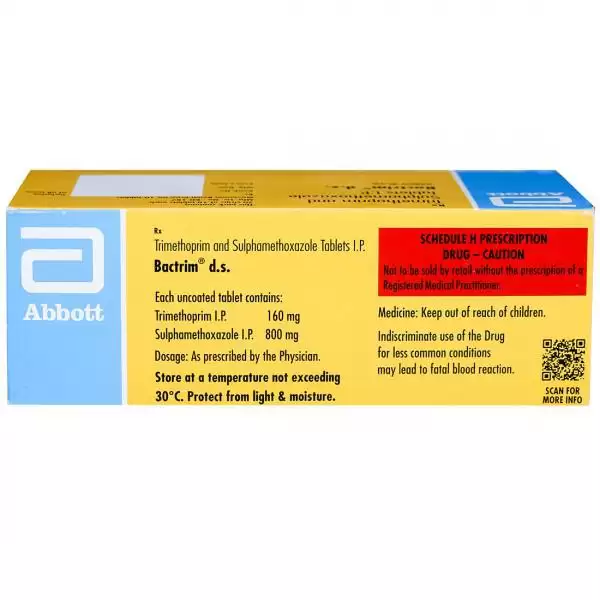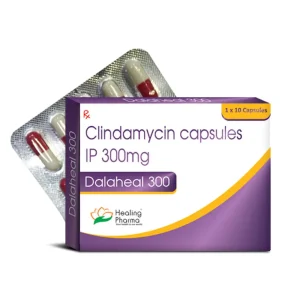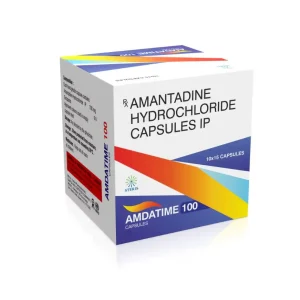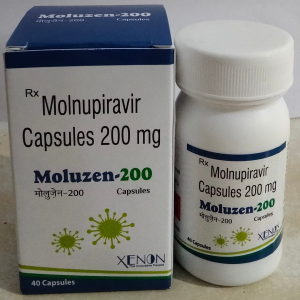Description
Bactrim DS Tablets – Sulfamethoxazole & Trimethoprim Combination Antibiotic
Bactrim DS is a widely used double-strength antibiotic that contains Sulfamethoxazole (800 mg) and Trimethoprim (160 mg). This combination works by stopping the growth of bacteria. Bactrim DS is effective in treating urinary tract infections, bronchitis, ear infections, traveler’s diarrhea, and Pneumocystis pneumonia (PCP).
Key Uses:
- Urinary tract infections (UTIs)
- Respiratory infections (e.g., chronic bronchitis)
- Traveler’s diarrhea
- Ear infections (otitis media)
- Skin and soft tissue infections
- Prevention and treatment of Pneumocystis pneumonia (PCP) in immunocompromised patients
Dosage & Administration:
Typical adult dosage is one Bactrim DS tablet every 12 hours for 5–14 days, depending on the infection. Take with a full glass of water. Always follow your doctor’s instructions and complete the full course even if symptoms improve early.
Precautions:
- Not suitable for people with sulfa allergy
- Use with caution in patients with kidney, liver disease, or folate deficiency
- May interact with blood thinners and diuretics
- Stay well hydrated to reduce risk of kidney side effects
Storage Instructions:
Store at room temperature below 25°C. Protect from moisture and direct sunlight. Keep out of reach of children.
Frequently Asked Questions (FAQs)
1. What is Bactrim DS used for?
Bactrim DS is used to treat a variety of bacterial infections including urinary tract infections, respiratory infections, skin infections, and certain types of pneumonia (like PCP).
2. How often should I take Bactrim DS?
It is usually taken twice a day (every 12 hours). Follow your doctor’s prescription carefully and do not skip doses.
3. Can I take Bactrim DS with food?
Yes, Bactrim DS can be taken with or without food, but should be taken with plenty of water to avoid kidney problems.
4. Are there side effects?
Common side effects include nausea, rash, and loss of appetite. Rare but serious effects include allergic reactions, blood disorders, and kidney problems. Seek immediate medical help for severe reactions.
5. Can pregnant women take Bactrim DS?
Bactrim DS is not generally recommended during pregnancy, especially in the first trimester and near delivery. Consult your doctor before use.
6. What should I avoid while taking Bactrim DS?
Avoid alcohol, sun exposure (photosensitivity risk), and folate-deficiency-promoting foods/supplements unless advised. Inform your doctor of any other medications or supplements you’re taking.
7. What happens if I miss a dose?
Take it as soon as you remember. If it’s close to the next dose, skip the missed one. Do not double up to compensate.




